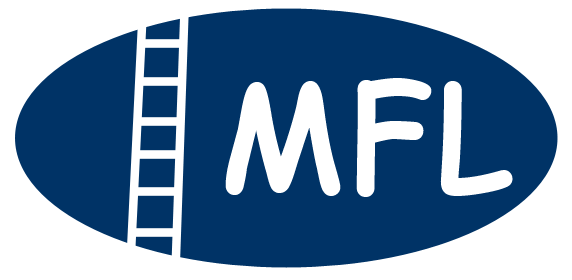Caution: This page contains ONLY GENERAL LEGAL INFORMATION.
It is NOT LEGAL ADVICE nor a replacement for talking to a lawyer
and getting legal advice about your case.
The law can be complicated and the details of a case can be even more complicated!
There are exceptions for every rule.
What you do not know can harm you. Do not rely on general legal information.
AT YOUR OWN RISK.
PAYING LAWYERS
This page does not deal with Legal Aid Certificates and how fees and disbursements are paid by Legal Aid Ontario.
What Do You Paying For?
Expect to be charged for all the time a lawyer spends on your case (including the time spent communicating with you).
It is important to understand you will be charged for:
-
legal advice - it is one of the commodity lawyers sell
-
waiting at the courthouse for the case to be called into court
How are Fees Calculated?
Most commonly, lawyers charge by the time they spend working on the client's case. The lawyer will advise you of their hourly rate for this type of case. The amounts can vary from $150 per hour (or less) to $500 per hour (or more). The hourly rate is based on many factors, such as the lawyer's experience or what the lawyer thinks clients will pay.
Lawyers might decrease or increase the total fees based on the number of hours. Ask the lawyer about their policy about this.
Normally, the lawyer cannot give any reliable prediction of what the total fees will be. Amongst other things, it depends on the response of the other party (which can make the case much easier or much harder). There can be other complications.
For some services, you may be given a fixed fees. In family law, this is most common for uncontested divorces, opinions on foreign divorces, and travel consents. These are cases where the amount of work is predictable.
What are Disbursements?
Lawyers usually bill to their clients the expenses specifically related to the client's case. For example, the costs of:
-
court filing or other fees
-
process servers
-
couriers or non-standard mail
-
long distance phone calls
-
medical or other reports
Lawyers often charge a fix fee for:
-
photocopying or faxing
-
mail sent
-
kilometers traveled to court
Lawyers do not charge for their general overhead expenses or costs not specifically related to your case (such as rent or salaries of staff).
How You Can Reduce Costs?
-
prepare for meetings with the lawyer (What information or documents are needed? What are your questions or concerns? Make notes for yourself.)
-
respond promptly to communications and do not miss appointments
-
gather documents and information as quickly as possible
-
use the lawyer just for legal work only (not as a counselor, a financial advisor, or a friend to lean on)
-
understand what is important to you and what is not - you need to make rational decisions during negotiations
-
ask the lawyer what you can do to reduce the lawyer's work
When Do You Have to Pay?
Usually lawyers will ask for a "retainer" or a deposit. They must hold this money in trust, until they send you an invoice for fees and disbursements. If your retainer is exhausted, the lawyer may request additional money to replenish the retainer.
Lawyers usually try to avoid having to collect money after services are provided. (It can be complicated and is bad business.)
Some lawyers will, on occasion, agree to periodic payments. Some will, in the right situation, agree to take their fees out of the proceeds of sale of the house or out of the final settlement. This will be a business decision for the lawyer.
If you fail to pay a lawyer's invoice, he can take steps to enforce payment and you may have to pay interest on the unpaid amount.
If you believe the invoices do not reflect the work done and/or the agreement made, then you can ask a court official to review the invoices.
